Can you vape after tooth extraction: A Comprehensive Analysis
The other day my friend Jane asked me if it was okay to smoke e-cigarettes after a tooth extraction. I have actually come across this question before and now I am sharing my experience and doubts with you.
Vaping e-cigarettes after tooth extraction? This question is getting more and more attention from vape enthusiasts as the vape market expands, The purpose of this article is to dissect the concerns, recommendations, and research regarding smoking e-cigarettes after tooth extraction in order to provide a comprehensive understanding.
Understanding the Healing Process After Tooth Extraction
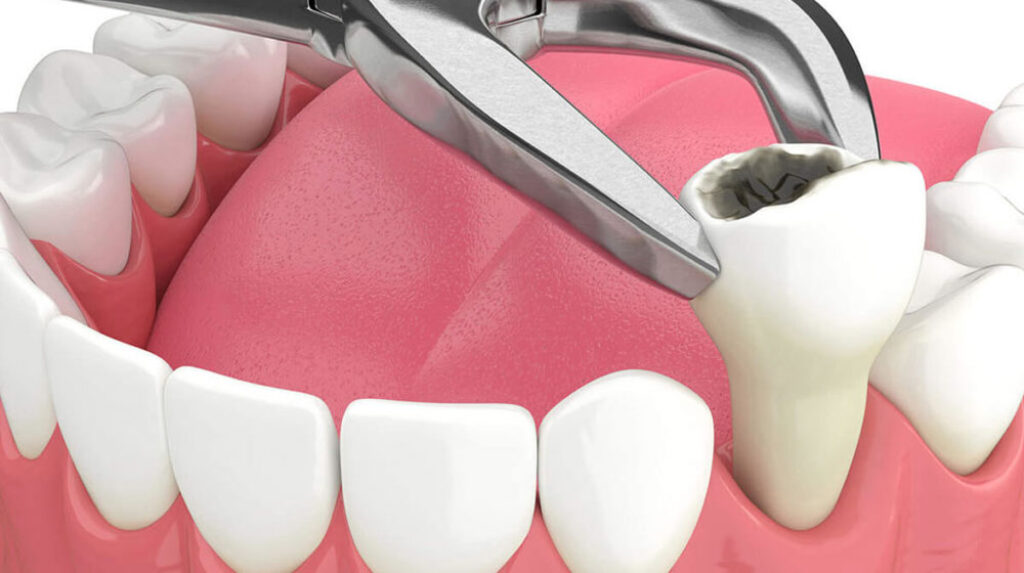
Tooth extraction is a common dental procedure that involves removing a tooth from its socket in the bone. After the extraction, a blood clot forms in the socket, serving as a protective layer for the underlying bone and nerves and facilitating the healing process. This critical stage is where the potential risks associated with vaping come into play.
Jane is facing this problem right now, he has a problem with his wisdom teeth, and his dental advice suggests that she have them removed. But she loves vaping more than anyone else. He’s also wondering if it’s okay to vape e-cigarettes after having his wisdom teeth removed.
Removing wisdom teeth means trauma to the mouth. In this case, I strictly recommend that you do not smoke vapd, because it may cause some problems to your health.
The Risks of Vaping After Tooth Extraction
- Dry Socket
One of the primary concerns associated with vaping after tooth extraction is the risk of developing a dry socket (alveolar osteitis), a painful condition where the blood clot at the site of the extraction fails to develop or is dislodged. This exposes the underlying bone and nerves, leading to severe pain and a delayed healing process. The suction motion required for vaping can increase the risk of dislodging the blood clot.
- Impaired Healing
Nicotine, a common component in many e-liquids, is a vasoconstrictor, meaning it narrows blood vessels and reduces blood flow. This can significantly impede the healing process by limiting the delivery of oxygen and essential nutrients to the affected area. Reduced blood flow increases the risk of infection and prolongs recovery time.
- Infection and Inflammation
The act of vaping introduces foreign particles and chemicals into the mouth, which can irritate the extraction site and potentially lead to infection and inflammation, further complicating the healing process.
Recommendations
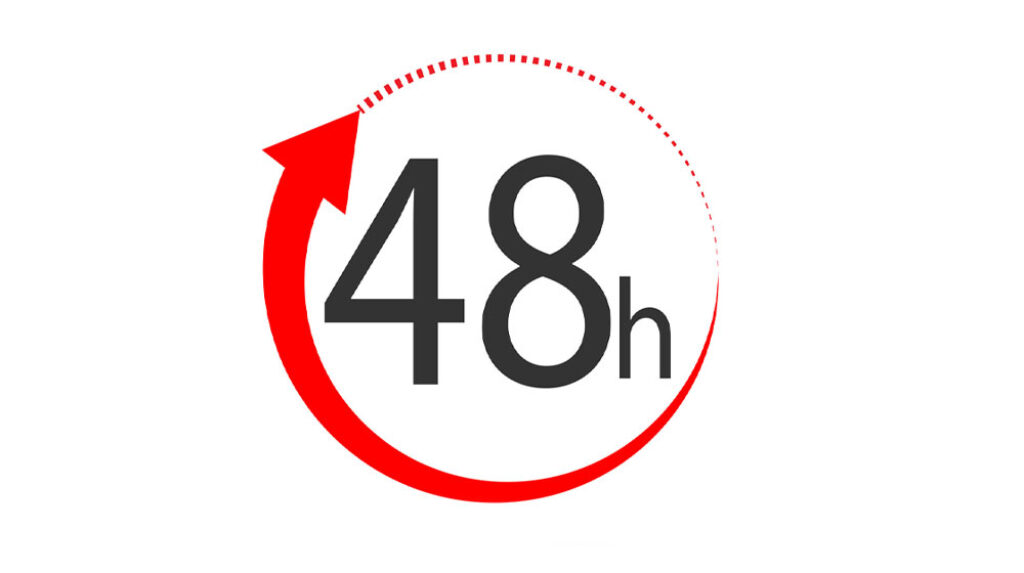
Given the risks, most dental professionals advise waiting at least 48 hours before vaping after a tooth extraction. This period allows the blood clot to stabilize and reduces the risk of developing a dry socket. However, opinions vary, and some experts suggest waiting even longer to ensure the healing process is well underway.
Tips for Minimizing Risks
For those who choose to vape after the advised waiting period, there are several tips to help minimize risks:
Use Nicotine-Free E-Liquids: Opting for nicotine-free options can mitigate the vasoconstrictive effects of nicotine, promoting better healing.
- Avoid Direct Suction: Techniques that reduce the suction force can help prevent dislodging the blood clot. Some suggest covering the extraction site with gauze during vaping to protect it.
- Maintain Oral Hygiene: Keeping the mouth clean helps prevent infection. Rinse with saline solution or an antimicrobial mouthwash as recommended by a dentist.
- Stay Hydrated: Dry mouth can exacerbate discomfort and slow healing. Staying hydrated helps maintain moisture levels in the mouth.
Alternatives to Vaping
Considering the potential risks, but also the urgent need to vape for some people, consider using a nicotine replacement while reducing the risks associated with vaping. Nicotine Replacement Therapies (NRTs), such as patches, gum, or lozenges, provide nicotine without the need for inhalation and without the risk of affecting the extraction site.
Conclusion
While the desire to smoke e-cigarettes after tooth extraction is understandable, the risks associated with this should not be ignored. The risk of infection leads us to recommend waiting at least 48 hours before considering vaping vapes and to highlight preventative measures and adjustments to minimize the risk. Finally, it is recommended to consult with a dental professional to obtain professional and personalized advice based on the individual’s health, the complexity of the extraction, and the individual’s physical state. I am also advising Jane not to use any vape products for 48 hours after a tooth extraction. I also hope that you can do the same.


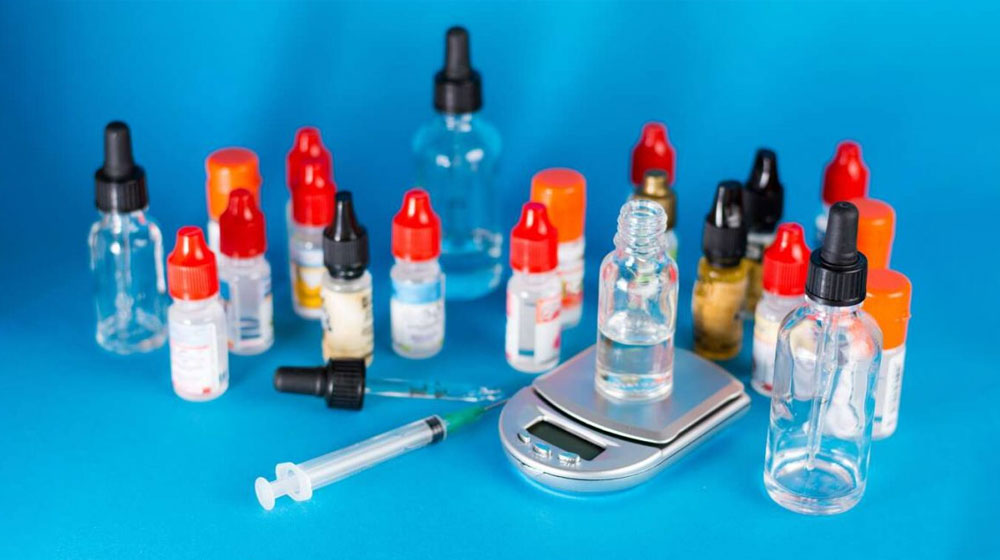

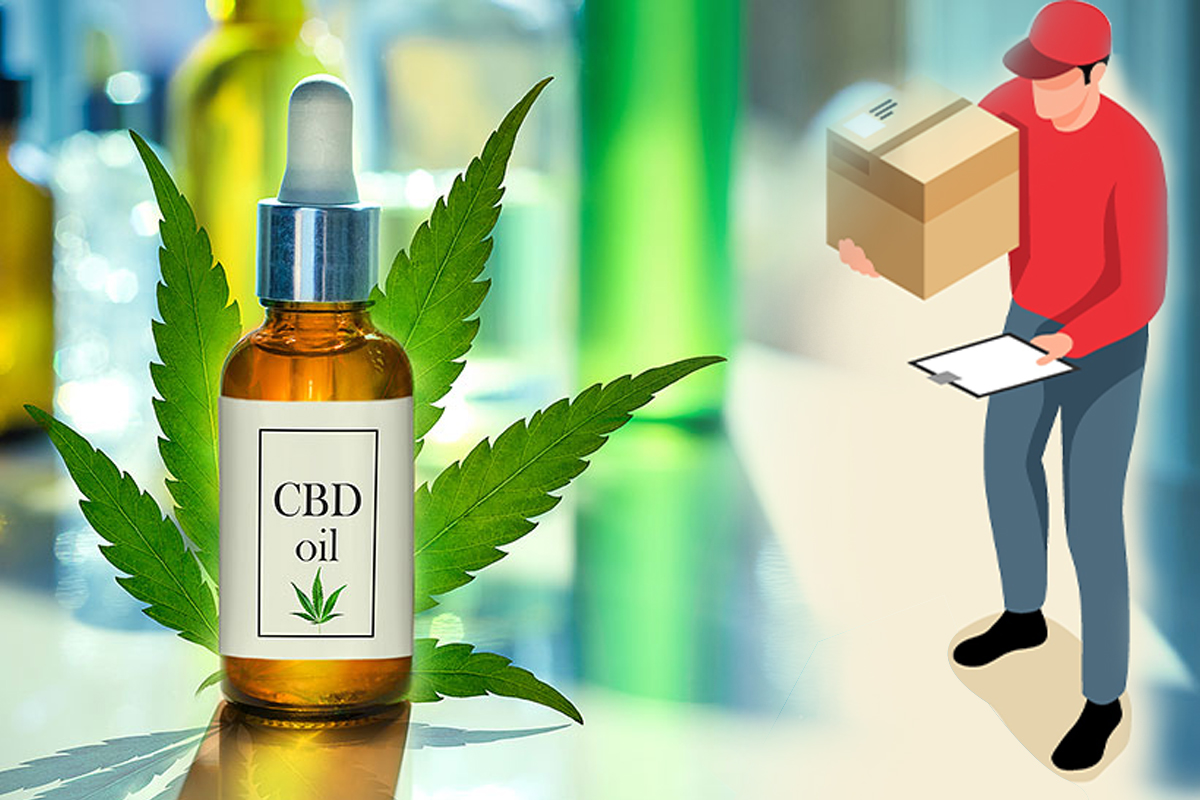
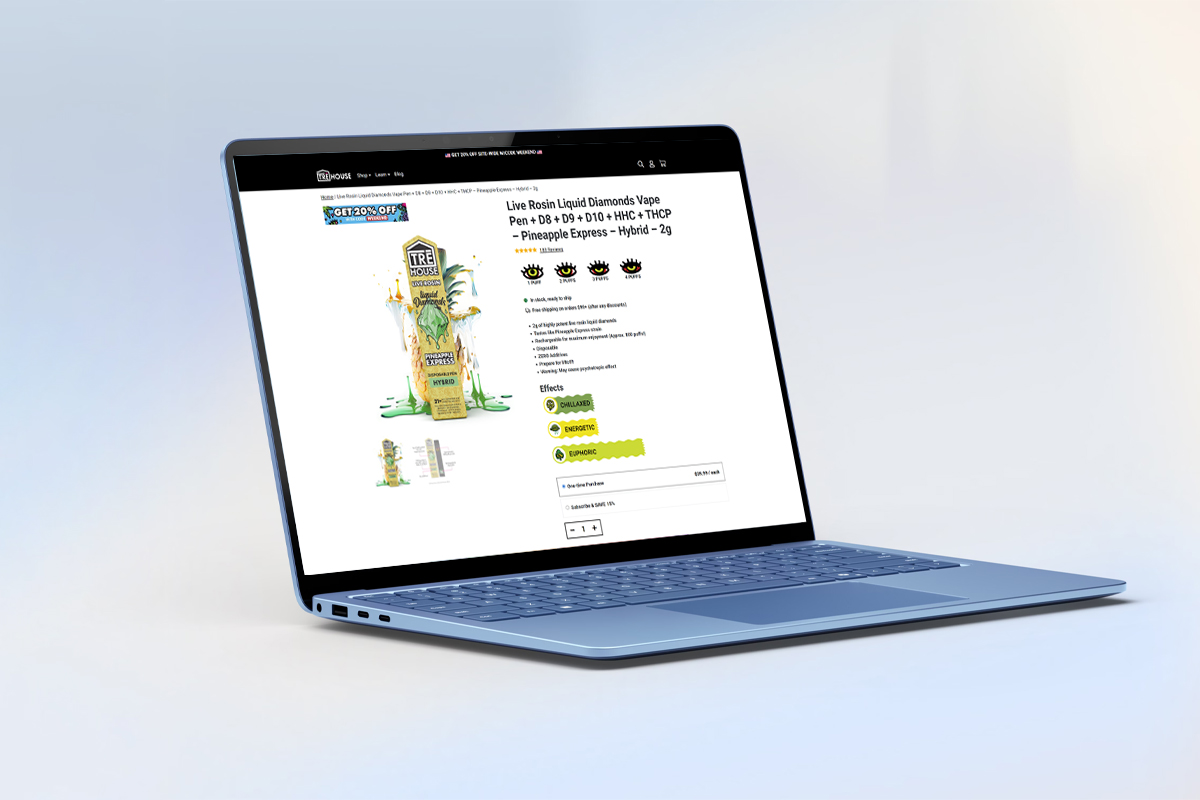
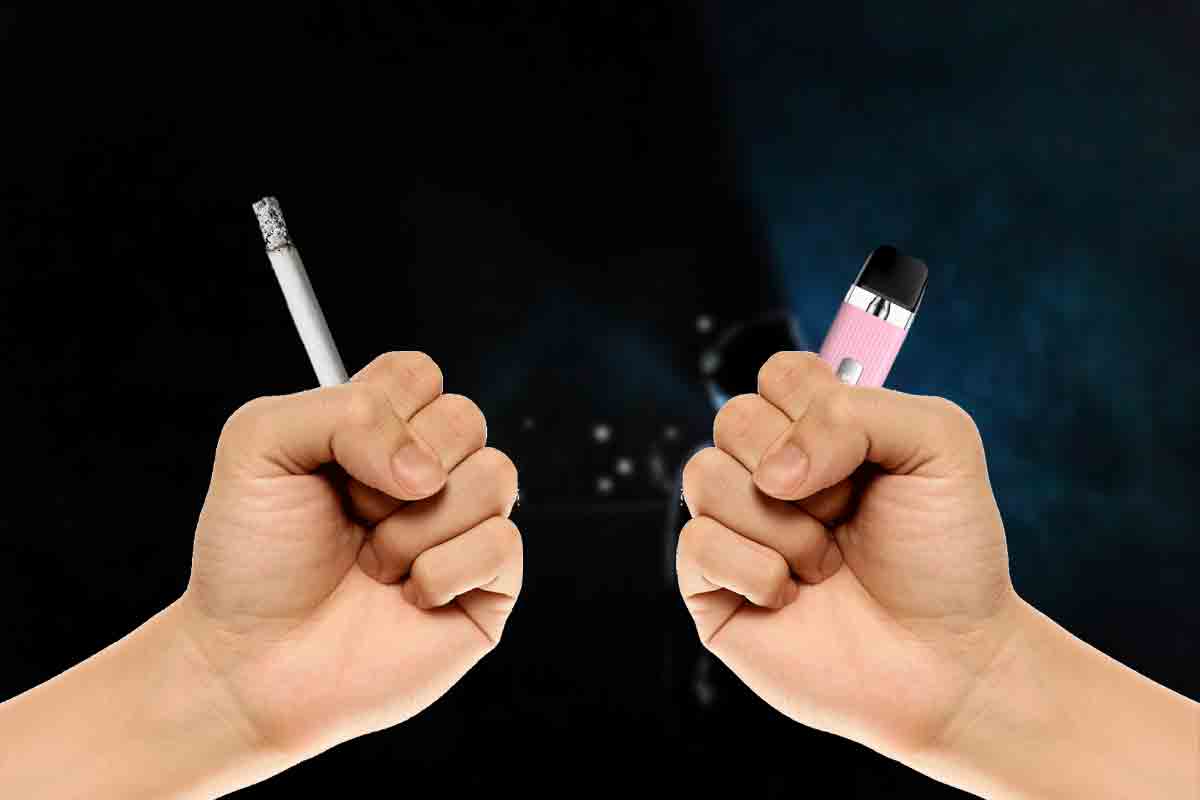
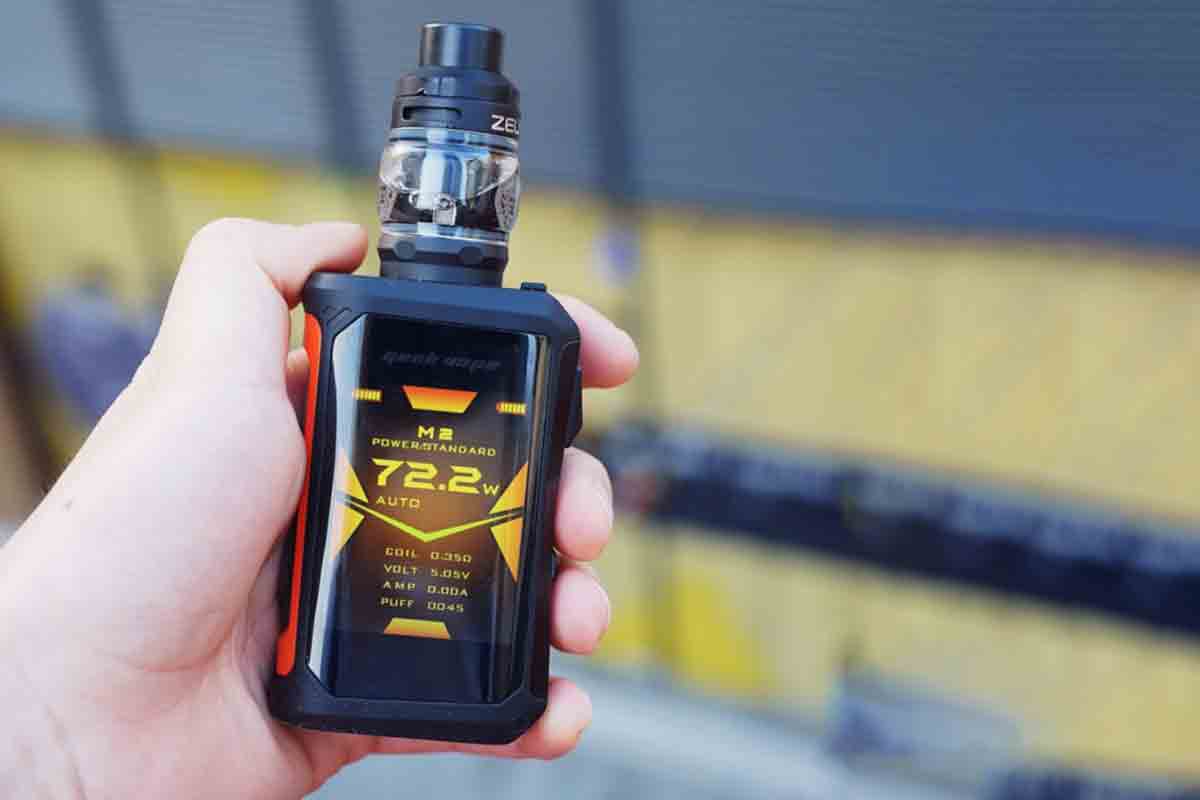

I feel like my teeth have turned black after I vaped